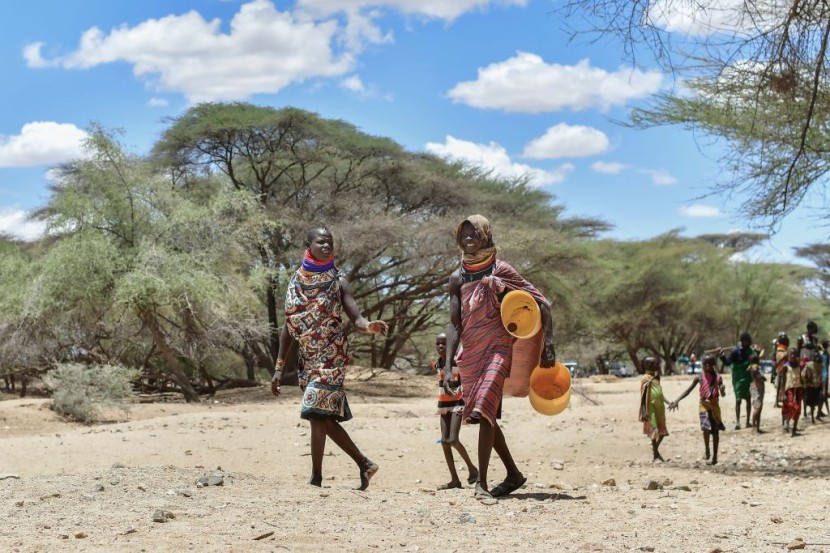
Somalia is on the brink of a catastrophic famine as the country suffers the effects of the worst drought it has recorded in decades.
Droughts in the region are named for the kind of pain that they bring to residents of Somalia, a nation of poets. In the 1970s, there was Prolonged, in the 1980s there was Cattle Killer, and five years ago, there was Equal for its reach across the nation. And a decade ago, there was the one named Famine, which was responsible for killing roughly 250,000 people.
Somalian Drought
The people of the nation say that the current drought they are experiencing is worse than any of the ones they could remember. It does not yet have a name, but Diriye, who believes that no one can survive in some of the places he has traveled to, suggests one: White Bone.
The hot weather season has surprised even resilient herders and farmers by lasting four failed rainy seasons, which started two years ago. The fifth rainy season is already underway and would most likely fail as well, along with the sixth early next year, as per the Associated Press.
Authorities could, as soon as this month, make a rare famine declaration, which would be the first of such declaration anywhere in the world since Somalia's famine a decade ago. Thousands of people have already lost their lives, including nearly 900 children under five years of age who were being treated for malnutrition.
The United Nations said that half a million such children are at risk of death, with "a number, pending nightmare, we have not seen this century." Somalia, a nation of roughly 15 million people, is considered to be nearing the end of the line.
According to BBC, a recent survey showed that nearly two-thirds of young children and pregnant women in the camps in Somalia are suffering from acute malnutrition. This, along with a high death rate, indicate that the famine declaration is already overdue.
Worsening Crisis
One resident, Fatuma Omar, said that her three-year-old daughter died before her and she was unable to do anything. The mother walked for at least 15 days with her nine children from a village called Buulo Ciir to reach Baidoa.
Another Somali, 50-year-old Habiba Mohamud, clutched a piece of twine in one hand and acknowledged that she would never be able to return to her village. She noted that there was nothing left at home as all the cattle were dead and the fields were dry.
Habiba, like other new arrivals, was busy erecting a tent for her family made out of branches, twigs, and scavenged scraps of cardboard and plastic sheeting. She had hoped to finish it before the chill of night.
The brutal drought has forced many residents to abandon their homes in search of food, water, and aid. Fathi Mohamed Ali was one of these as the river was dry and there was no food for her to feed her children and the Al-Shabaab group imposed heavy taxes, UNHCR reported.
Related Article: Prime Minister Liz Truss Faces Pressure To Raise Benefits In Line With Rising Inflation








